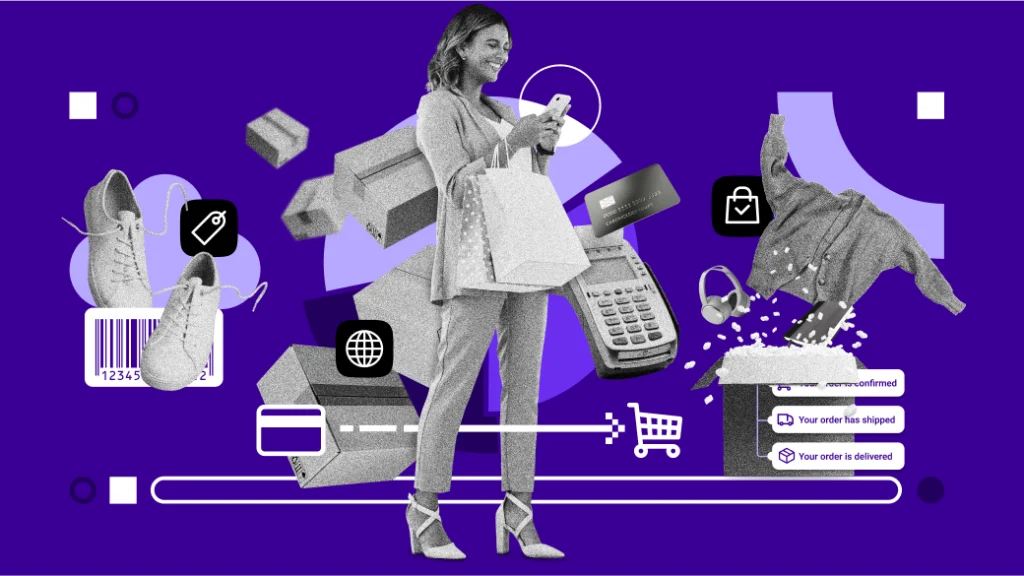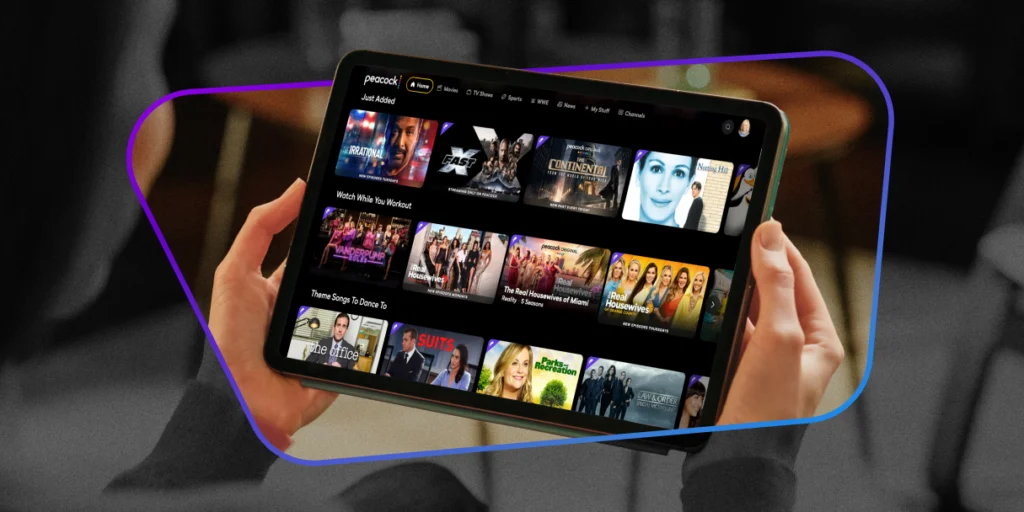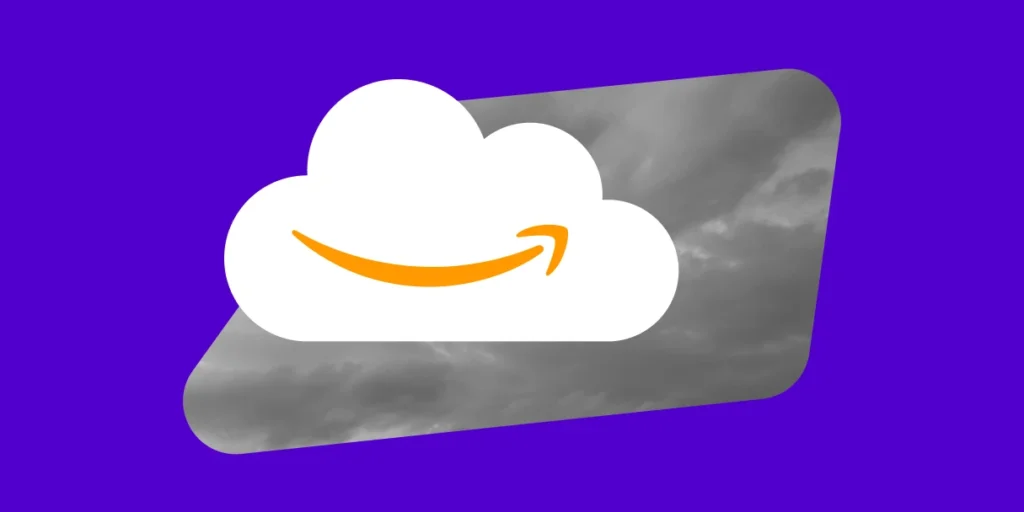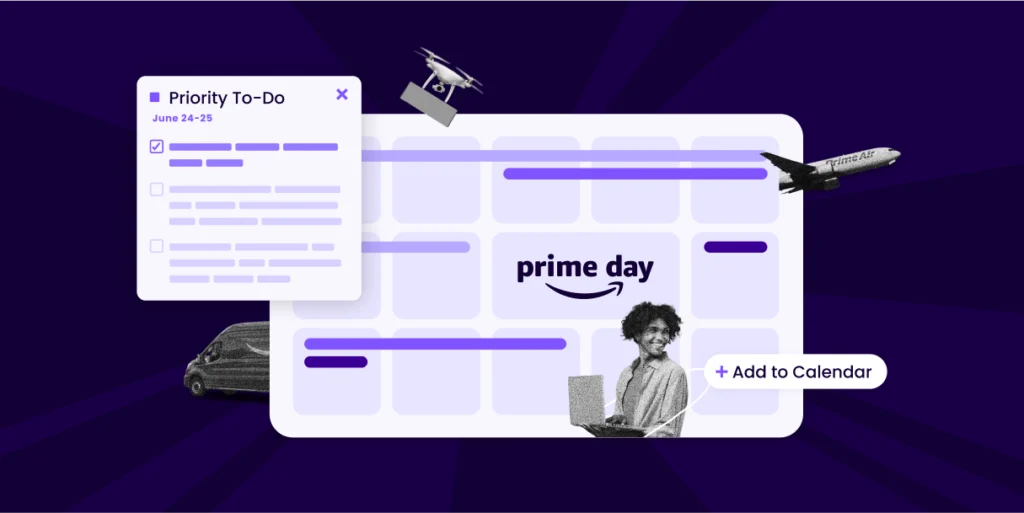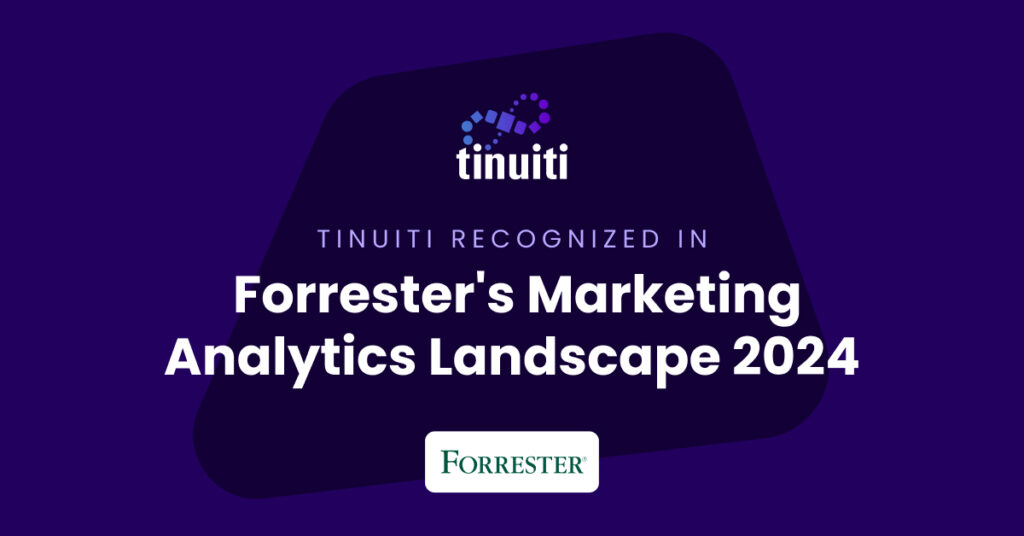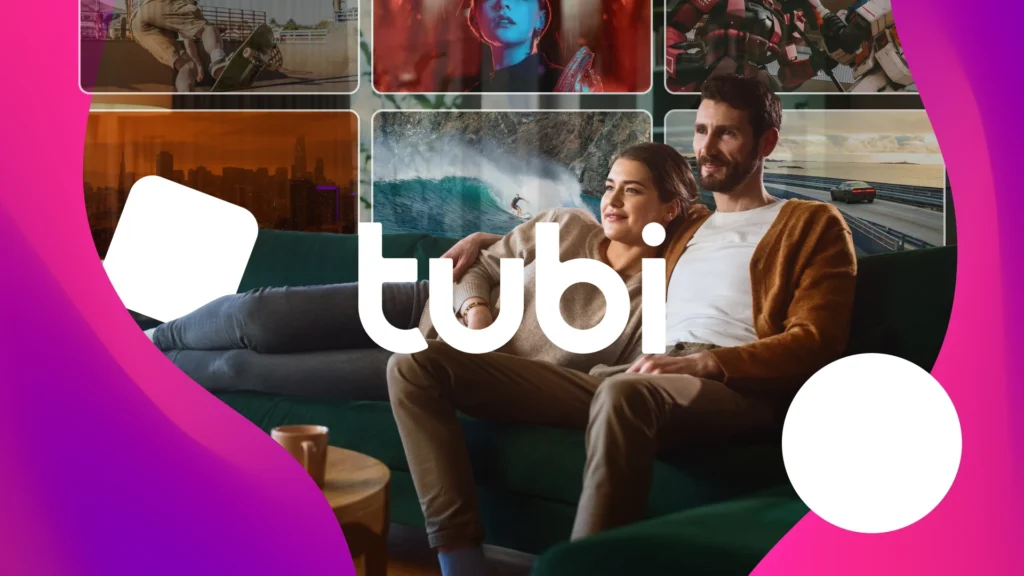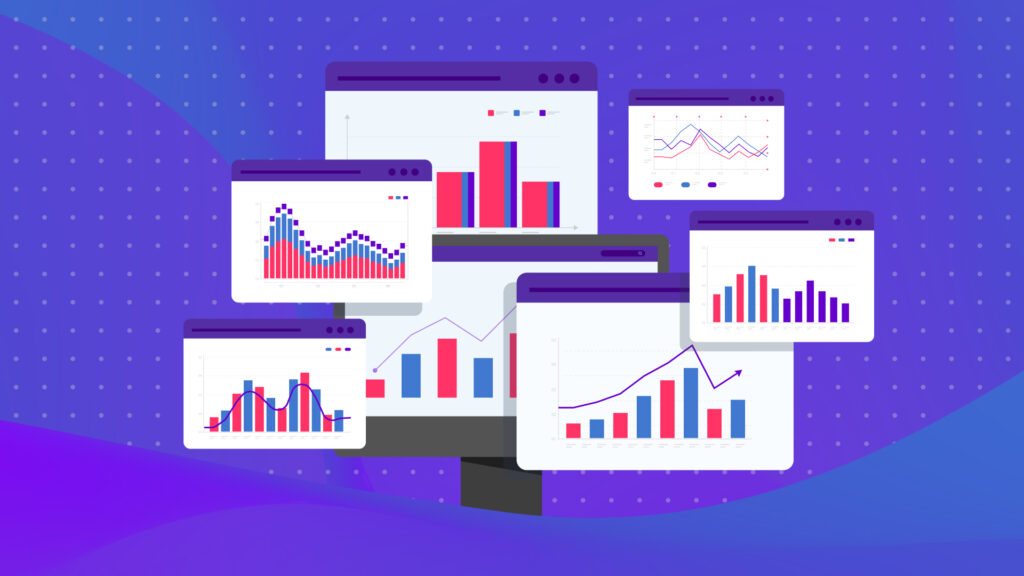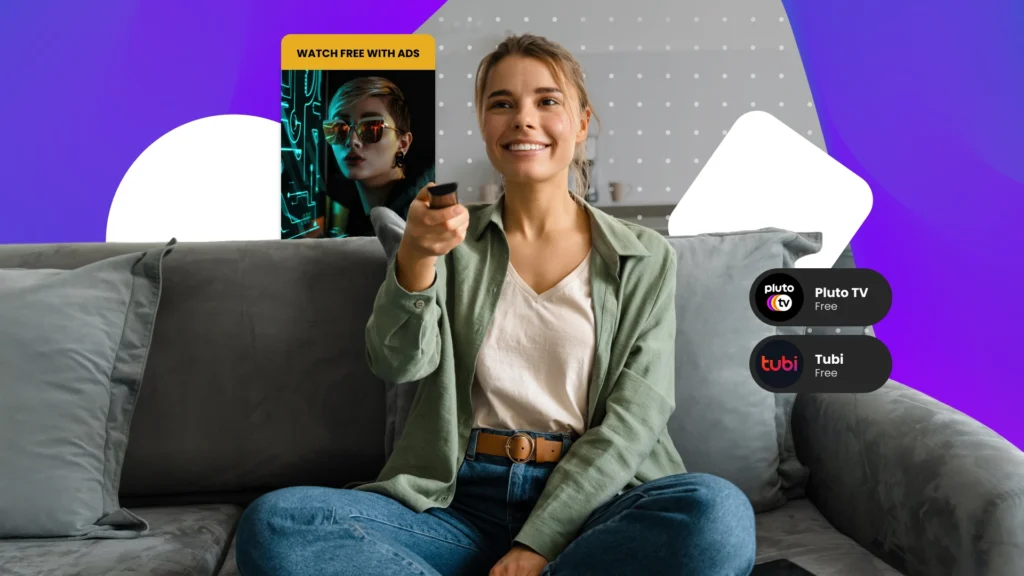No matter how many new channels emerge, brands and retailers are still flocking to AdWords.
Last year, Google claimed 44% of all global online ad revenue.
We’ve helped brands reach +400% increases in transactions from Google Shopping and Search ads–and don’t even get us started on the magic that happens when search and social ads work together.
Unfortunately, as brands grow their marketing channels, it often falls on the marketing director or manager to oversee multiple retail search channels. That strategy doesn’t just drain time, it also drains money.
Whether you inherited a brand or retailer’s neglected Adwords account, or your in-house team hit a plateau and needs some fresh eyes, it might be time to look outside your company for expert help.
Here are a few ways to tell it’s time to collaborate with an AdWords agency.
1. You Don’t Have Time to Invest in AdWords Management
Depending on the size of your team, you might be responsible for overseeing everything from Facebook ads to email. However, it’s impossible to dive deep into your ad strategies while juggling multiple channels.
“It’s impossible to dive deep into your ad strategies while juggling multiple channels.”
If you are working with a team, you know they have more intimate knowledge of your product catalog than any agency team. But that doesn’t mean they can create a strategy for every product–especially without the PPC technology they need to scale AdWords management.
A great agency will not just have the expertise to manage your channel, they’ll also have campaign strategy and software to ensure every product gets treated like its own line of business.
At CPC Strategy, we use our CAPx technology to monitor and adjust bids on a product level in even high volume feeds.
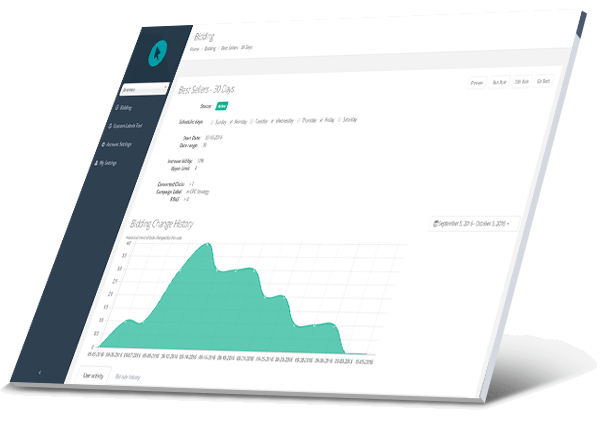
CAPx analyzes consumer Search behavior and product data from more than 150 million data points, and it comes in very handy when we need to make bid adjustments across a large product catalog.
One of our clients, ForPlay, needed to push more money towards one device than another. We used the granular bidding rules in CAPx to push reach +336% increase in clicks, +23% increase in impression share, and +286% increase in revenue on mobile.

That’s the power of software, and the people who know how to use it efficiently.
Read the full case study here.
2. You Want to Grow but Can’t Scale Your In-House Team
So you may have determined you need more manpower. Essentially, you have two options: Hire in house or team up with an agency.
The pros of working with an in-house member are pretty obvious–you get to oversee your new hire’s work closely and they get a really in-depth feel for your brand and products.
The pros of going with an agency are slightly different, but depending on the current status of your business, could be more beneficial than hiring in house.
Here are a few.
Multiple Eyes on the Account
You could bring on one Marketing Manager to oversee your account–or you could have three expert agency reps on the job. The ideal scenario here would be to have your account under constant evaluation, something that most agencies are well equipped for.
Roughly the Same Cost as one New Marketing Hire
This is an often overlooked but important factor in your decision process to partner with an agency:
Should you bring on a new hire with salary and benefits or pay an agency a monthly fixed or variable fee?
This is something you’ll need to calculate internally. However, one thing’s for sure–while it’s not ideal to jump from agency to agency, it’s certainly easier to part ways with an agency that isn’t working out than it is to part with a Marketing hire who’s under performing.
Built-In Expertise
It takes time to get any new hire to get up to speed on your team’s existing processes, and they may not walk in the door as an AdWords expert.
An agency, on the other hand, should have all internal systems and processes documented from day one. They should also know how to handle virtually every management scenario because of their experience with multiple clients over the years.
3. You Don’t Know How to Optimize Your Product Feed
It’s one thing to maintain your product feed, and it’s another thing to optimize it. In a perfect world, you and your team could handle both.
But that’s not typically the case for most marketing teams.
“Data should be accurate first; robust second. If you just have robust data, that could hurt you. Your [products] might show up for the wrong search, and [shoppers] can bounce,” says Jason Bell, Senior Account Analyst at CPC Strategy.
“Data should be accurate first; robust second.”
Many Directors deal with this by adopting a feed service or software.
This ususally results in a huge gap between the product feed and your Google Shopping ads strategy, which is not ideal for such a data-driven channel. Ideally, the same team that manages the account would be well versed in managing your feed so the know how it fits into your overall AdWords strategy.

4. You Feel Like You’re Falling Behind Competitors
It’s not news that digital marketing changes every day.
The reality is that to really be one of the most innovative retail advertisers in the industry, you
need to constantly:
- Invest in your in-house Marketing team’s education of new channels & features
- Evaluate technology solutions
- Participate in newly launched or beta programs
This goes for Shopping and for Search.
When you collaborate with an agency that specializes in AdWords, you’re investing in their ability to stay on top of trends, betas, and cutting edge strategies.
When you collaborate with an agency that specializes in AdWords, you’re investing in their ability to stay on top of trends, betas, and cutting edge strategies.
The best agencies will have a close relationship with Google, perhaps even as a Premier Partner.
5. You’re Constantly Putting Out Fires
“Major issues” can range from long-term Google Merchant Center feed suspensions to nonexistent
safeguards around wasted ad spend.
Of course, it’s not ideal to turn to an agency out of urgent need, but reputable agencies and other third-party consultants typically have the experience to quickly diagnose account issues and prescribe changes.
One of our clients, Cambria Bicycle Outfitters, a successful road and mountain bike retailer and CPC client, is a good example of an account that could benefit from close feed inspection.
We identified nearly 2,000 disapproved products on Google Shopping due to missing color, size, and other product data in the feed. That’s 2,000 products that weren’t making a single appearance on Shopping.
After we resolved these, we also integrated additional features to cut spend and grow ROAS by +99.08%.

You can read the whole case study here.
c
6. You Aren’t Sure How to Optimize Shopping Campaigns
Do you know how much you’re spending on your Shopping campaigns in a given month?
Do you know what your overall return is on your top products?
Do you know which products aren’t performing, and have you actively been down bidding on those products?
When you compare AdWords Text Ads with Shopping campaigns, you’ll notice Shopping campaigns have far more limited targeting options.
At CPC Strategy, we custom designed a Shopping campaign strategy called “ISO™”. With it, we “isolate” keywords and leverage priority settings to allocate more aggressive bids and budget to certain high value searches.
We used ISO™ to build out campaigns for branded vs. non-branded searches for our client Augusta Active, which led to an estimated 60% increase in total Google Shopping revenue.
We also used ISO™ for REEF, our client who was seeing variable performance across devices.
First, we segmented by device (mobile vs. desktop) and then by brand vs. non-branded search terms. By segmenting campaigns this way, REEF was not only able to see how their brand vs. non-branded campaigns were performing, but also how to segment their budget accordingly rather than blanket bidding across all devices.
This was a big part of the reason we were able to grow year-over-year Google Shopping revenue for REEF by +245%.

When you work with an agency, you’re not just getting someone to maintain your account. You’re also reaping the benefits of their expertise in campaign setup and manipulation.
The Bottom Line
There’s virtually no brand or retailer using AdWords who wouldn’t benefit from an agency’s insights.
Even if you have an in house team, you’ll find a great AdWords agency will actually augment your team’s efforts.
“Even if you have an in house team, you’ll find a great AdWords agency will actually augment your team’s efforts.”
Remember Cambria Bicycle Outfitters?
Their team was doing a great job. After Cambria reached a peak in their ability to manage and optimize campaigns in-house, we worked directly with their team to integrate our advanced strategies, which resulted in a revenue jump of +116%.
And one last word of advice. If you are an online retailer seeking an agency, a Retail-focus for search is pivotal.
PPC agencies that work for dentists and higher education aren’t going to be able to leverage the same tools and expertise as a PPC agency which specializes in retail search.
Retail focus ensures your PPC agency understands:
- Retail search trends–How people search for products and how to leverage those
search behaviors - Retail inventory–What other online retailers sell in your channel, and what the
performance of those products are - Retail channels–Where consumers search for products online
- Retail search trends–How, when, and why online shoppers are looking for items to
purchase on search - Retail Inventory levers–Retail specific PPC agencies understand how to leverage your
product information for more visibility on product specific searches - Retail PPC Optimization–Retail keywords and ad copy differ from general PPC strategy
If you answered yes to the above questions and you’d like to discuss the possibility of working with CPC Strategy as your AdWords partner, please feel free to get in touch.
You Might Be Interested In


